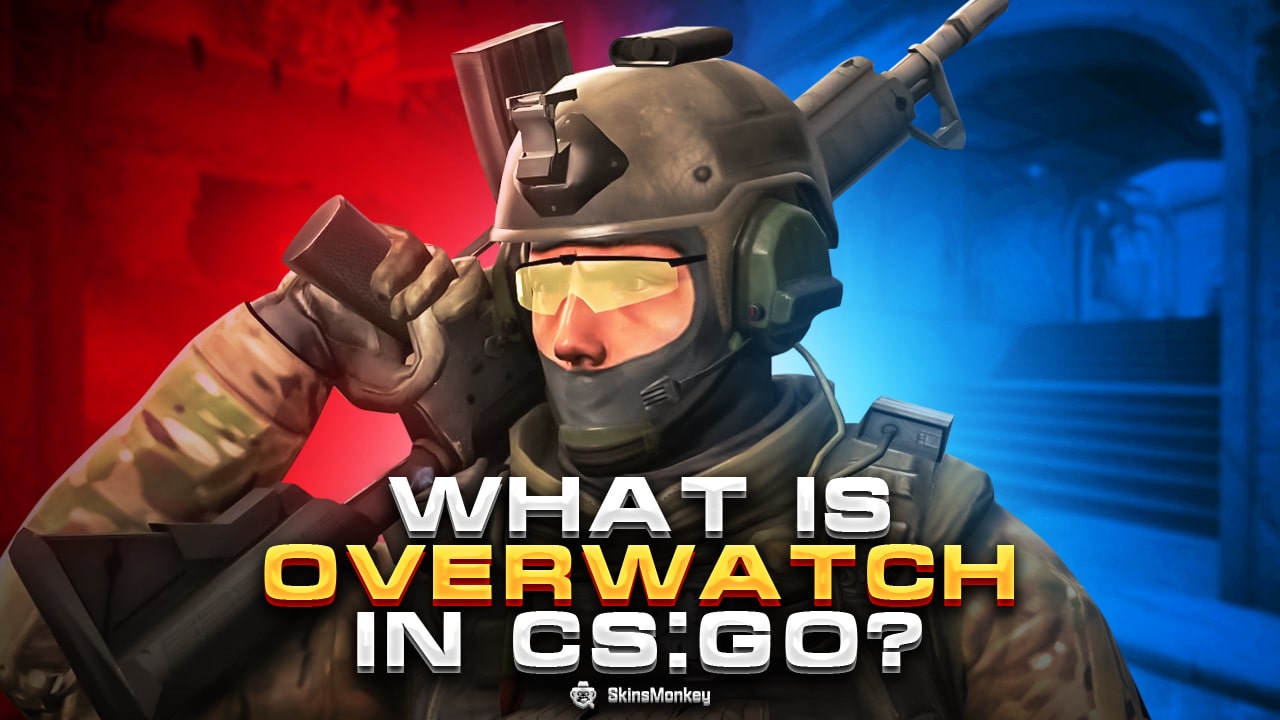Camp Drops: Your Gateway to the Great Outdoors
Explore tips, gear reviews, and adventure stories for outdoor enthusiasts.
CSGO Griefing Penalties: The Hidden Costs of Toxic Play
Explore the unseen consequences of CSGO griefing. Discover how toxic play leads to serious penalties and impacts your gaming experience!
Understanding CSGO Griefing Penalties: What You Need to Know
Understanding CSGO Griefing Penalties is crucial for players who want to maintain a fair and enjoyable experience in the game. Griefing typically involves actions that intentionally disrupt the gameplay of others, such as team killing, sabotaging, or using offensive language. In the competitive environment of CS:GO, these actions not only ruin the experience for teammates but can also lead to severe consequences. Players should be aware that the penalties for griefing can include temporary or permanent bans from matchmaking, making it essential to know what is considered griefing and how to avoid it.
To further understand the implications of griefing, players should familiarize themselves with the specific rules set by Valve, the developer of CS:GO. Common examples of griefing behavior include:
- Deliberately causing harm to teammates.
- Intentionally losing rounds to sabotage the team.
- Using in-game communication to harass other players.

Counter-Strike is a popular tactical first-person shooter game that emphasizes team strategy and communication. Players can enhance their gameplay experience by adjusting various configurations, including jl settings, which can optimize performance and improve aim. The game features multiple modes, competitive rankings, and a dedicated community that continues to grow over the years.
The Long-Term Effects of Toxicity in CSGO: Are Griefing Penalties Enough?
The long-term effects of toxicity in CSGO can be profound, impacting not only individual players but also the community as a whole. Players who frequently encounter toxic behavior may experience decreased motivation and enjoyment of the game, leading to a decline in their overall skill level. This ripple effect can deter new players from joining the competitive scene, as they witness the negative atmosphere created by griefers and toxic individuals. If these players feel unsafe or unwelcome, they may abandon the game altogether, further shrinking the player base and harming the CSGO community in the long run.
While griefing penalties have been implemented to combat toxic behavior, many argue that these measures are not enough. Simply punishing players for their actions does little to address the root causes of toxicity. To create a healthier environment, developers must consider additional strategies such as in-game education on sportsmanship, better reporting systems, and community-driven initiatives that promote positive engagement. As we delve deeper into this issue, it becomes clear that addressing the long-term effects of toxicity in CSGO requires a multifaceted approach, rather than relying solely on penalizing offenders.
How Griefing Affects Your CSGO Experience: A Closer Look at the Consequences
Griefing in CS:GO can significantly diminish the overall gaming experience for players. This behavior, characterized by intentionally disruptive actions like team-killing or sabotaging objectives, can lead to a range of negative consequences. Griefing not only affects the targeted players' enjoyment and performance but also impacts the overall team dynamic and morale. When individuals engage in such tactics, they disrupt the cooperative nature of the game, which is crucial for success in competitive environments. As players become frustrated, it can create a toxic environment that discourages new players from continuing in the game.
Furthermore, the repercussions of griefing extend beyond just momentary annoyance. Players who frequently participate in griefing may face account penalties, ranging from temporary bans to permanent restrictions. Such consequences not only impede the offender's ability to play but also deter them from engaging positively with the gaming community. To counteract griefing, many players advocate for reporting mechanisms within the game and a culture of sportsmanship that emphasizes fair play. Cultivating a respectful atmosphere is essential for preserving the integrity of CS:GO and ensuring an enjoyable experience for all players.